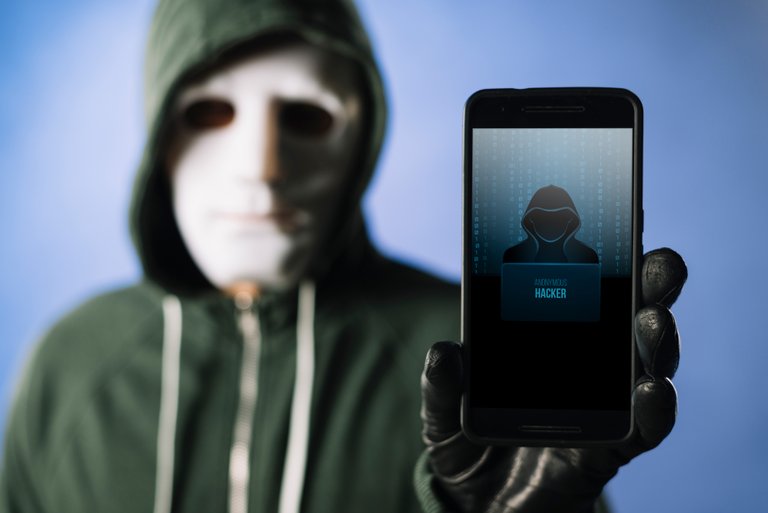Mobile phones are ubiquitous in our lives, but we are not yet sufficiently aware of their vulnerability to hacker attacks, warn cyber security experts.
"We have to imagine that the risk around mobile today is the same as the risk on the personal computer a few years ago, when all this security problem started," explains Loïc Guezo, of the Japanese specialist company Trend Micro, on the sidelines of the cyber security conference in Monaco.
Hackers are only following Internet users, who increasingly prefer smartphones to computers to access online services.
According to RSA, the cybersecurity arm of US IT manufacturer Dell, 56% of online merchant transactions are now carried out on mobile phones.
"As a result of these new practices, 71% of all fraud and various scams now take place" on these devices, according to RSA.

The attackers seek to introduce malicious programs into smartphones that can intercept communications, steal IDs and passwords for social networks and e-commerce sites, hijack banking applications to siphon users' accounts.....
The launch of the Android version of the successful video game Fortnite was an opportunity for hackers to infect many devices, explains Gauthier Vathaire, of the cyber security company Bitdefender.
Epic Games, the publisher of Fortnite, did not want to make the game available in Google's online store, preferring its own site. As a result, indelicate people have created fake Fortnite sites and false applications to attract Internet users.
Clandestine applications
"There are a lot of flawed applications, with the real Fortnite application to which hackers have added malicious code," says Gauthier Vathaire. "Epic Game reacted and tried to fight," "but it's very difficult to get these sites blocked.
The danger comes in particular from applications that can be downloaded from Android application stores that are less scrupulous than the Google Play Store, where applications are generally secure.
Cybercriminals also seek to introduce "broken" applications that, under the guise of a game for example, introduce malicious code into the device.
iPhone owners can feel more secure, as they can only download applications that are available on the official Apple Store.
But it is possible that hackers may succeed in jailbreaking an iPhone without the user's knowledge, opening it to all kinds of clandestine applications, experts warn.
For some, the security problems facing today's 2.5 billion smartphones in circulation around the world only foreshadow, on a small scale, the security problems that will arise with the proliferation of connected objects.
"In a context where all objects are connected together, we cannot have a well-defined security perimeter," explains Bernard Ourghanlian, Technical and Security Director at Microsoft France.
In a company, "the computer system will no longer be able to trust anything and will have to check everything: the quality of the user, the context in which the information is requested, the tool he uses... »
"If I am connected via a company PC, via the company network, I will have access to information that may be denied me if I try to connect with my phone," he explains.